Meteorologist Kelvin Droegemeier, who served as science adviser to President Donald Trump during his first term in office, is urging the country’s scientific workforce to leverage the current political climate to undo overly prescriptive regulations. Droegemeier, who is currently a consultant for the National Science Foundation (NSF) and former acting director of that agency, made the remarks to researchers attending the annual meeting of the American Association for the Advancement of Science (AAAS) in Boston on 15 February.
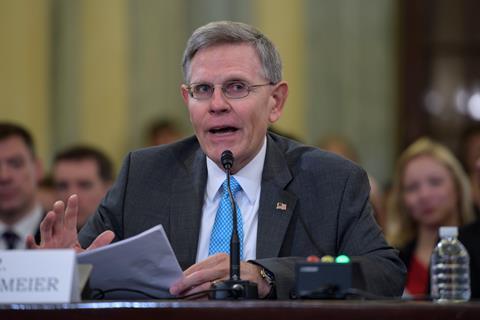
‘One thing about this administration is they’re very keen on deregulation or rolling back administrative workload and burdens that can unnecessarily tie our hands,’ he told the audience over video link during a session on research security. ‘We have surveys that show, roughly, that faculty who are funded by federal research grants spend roughly 42 to 44% of their time on administrative activities unrelated to research,’ added Droegemeier, who is currently a special adviser to the chancellor for science and policy at the University of Illinois at Urbana–Champaign. ‘There’s a huge opportunity with this administration, I think, to find ways to dramatically decrease those numbers … and unleash much more of our intellectual capacity in this country through regulatory reform.’
In December, Trump nominated Michael Kratsios to be his new science adviser. Kratsios, who holds a political science degree and served as Trump’s chief technology officer during his last term in office, awaits Senate confirmation.
In his comments the preceding day, Droegemeier emphasised that research compliance in areas like human subjects, lab safety and radiological hazards is ‘extraordinarily important’ but also ‘extraordinarily complex’. He suggested that the community should propose solutions to ‘free up’ more time for research.
Several scientists attending the conference expressed confusion about Droegemeier’s remarks, noting that the Trump administration has executed sudden and significant layoffs at federal agencies. These reductions reportedly include more than 1100 layoffs at the National Institutes of Health, approximately 6% of the workforce, nearly 1300 made redundant at the Centers for Disease Control and Prevention, about 10% of the workforce, as well as 168 employees at the NSF or 10% of its staff. Combined with White House directives that have delayed research by pausing research review panels and led to a list of keywords and phrases that will result in research grant applications being flagged for review, they question how this will make research more effective.
In his 15 February remarks, Droegemeier further suggested that federal research agencies and programmes whose budgets the Trump administration has targeted for reductions may well deserve to be cut. ‘It’s a time for us to rethink how we fund some aspects of research, especially fundamental research. There are hundreds of solicitations that come out every year and a lot of them are … really prescriptive,’ he said. ‘If we do see things like budget cuts, I think it’s a huge opportunity for us to think about how we gain efficiencies and to really do some things that, frankly, we couldn’t do otherwise.’ However, Droegemeier acknowledged that it is ‘a challenging time’ for the scientific community but noted that it has weathered other difficult moments in history.
In response, Florent Bernard, a molecular biologist and science counsellor at the European Union delegation in Washington DC who was speaking in a personal capacity, told Droegemeier that he is ‘deeply worried’ about what is currently going on in the US. He expressed scepticism about the actions of the Trump administration. ‘We cannot just disguise it as a wish for more efficiency [in research],’ Bernard stated.
Universities not trusted ‘for good reason’
Droegemeier appeared taken aback and replied that visa reform and green card policies for foreign researchers and science and technology students are two areas that have ‘really positive momentum going forward’ under Trump. Although he apologised if he came across as ‘trying to whitewash or defend or something’, Droegemeier also declared that ‘universities in this country have some things to answer for and I don’t hear them doing that, which is very unfortunate’. Specifically, he pointed to ‘a lack of trust right now with universities’ and said it was ‘for good reason’, referencing ‘really deep issues that go to the culture of freedom and freedom of expression, freedom of speech in the country’.
Claudia Neuhauser, the vice president and vice chancellor for research at the University of Houston in Texas who sat on the same panel as Droegemeier, echoed his sentiments. ‘I think nobody can become complacent; you always have to make your case that you’re valuable and I think this is something scientists have sort of taken as a given – that with all the new discoveries we have everybody will automatically accept them as really valuable … but taxpayers are funding this work,’ Neuhauser stated.
During a plenary session that kicked off the meeting on 13 February, the leadership of AAAS spoke out about the unprecedented developments since Trump took office last month that have had serious repercussions on the US research enterprise.
Update: A figure on the number of NSF employees laid off was added on 19 February 2025





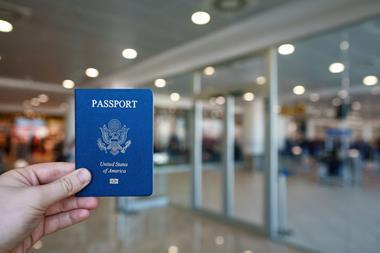
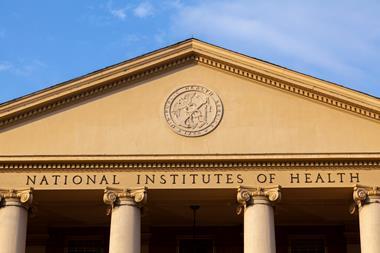
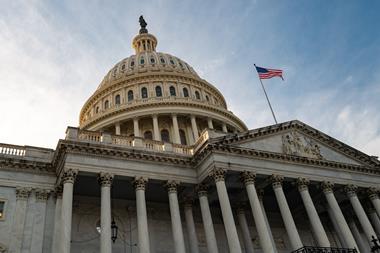
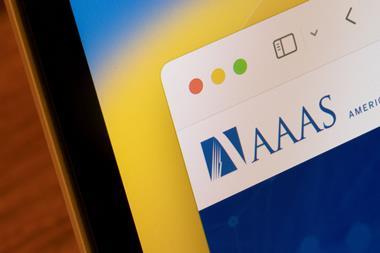
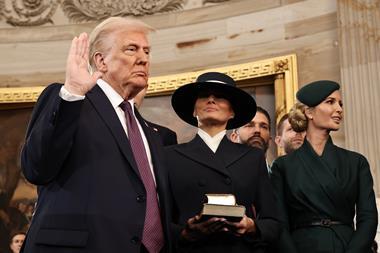
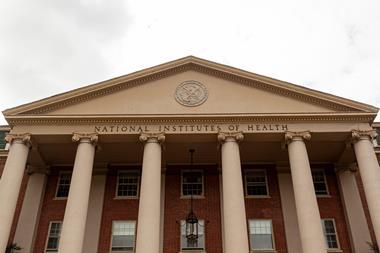






No comments yet